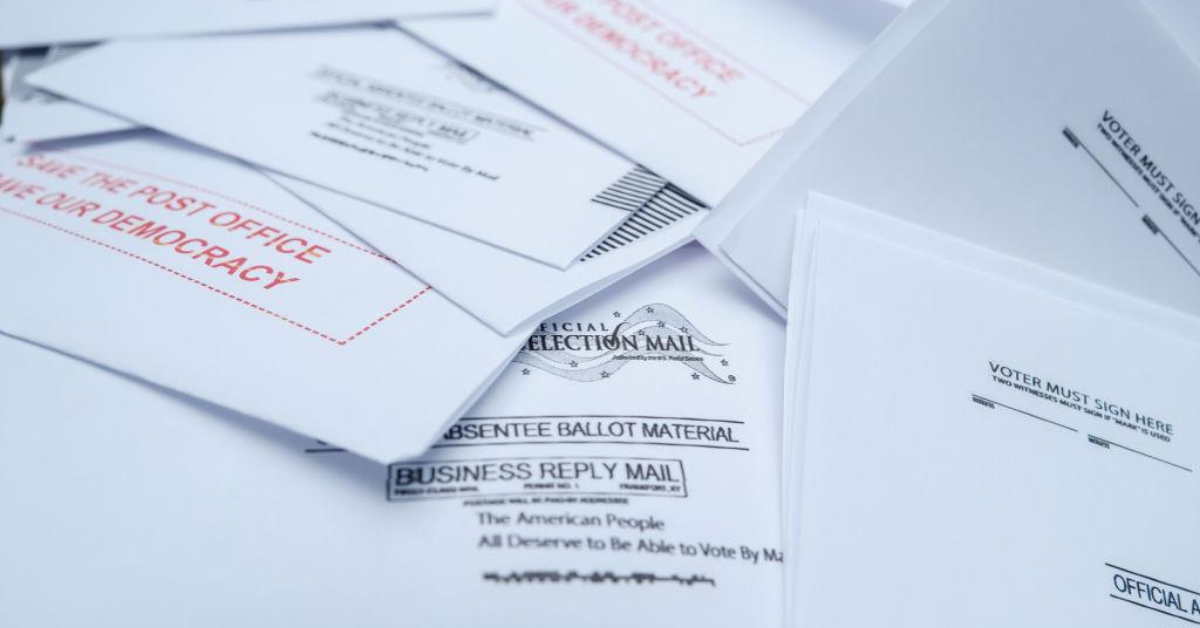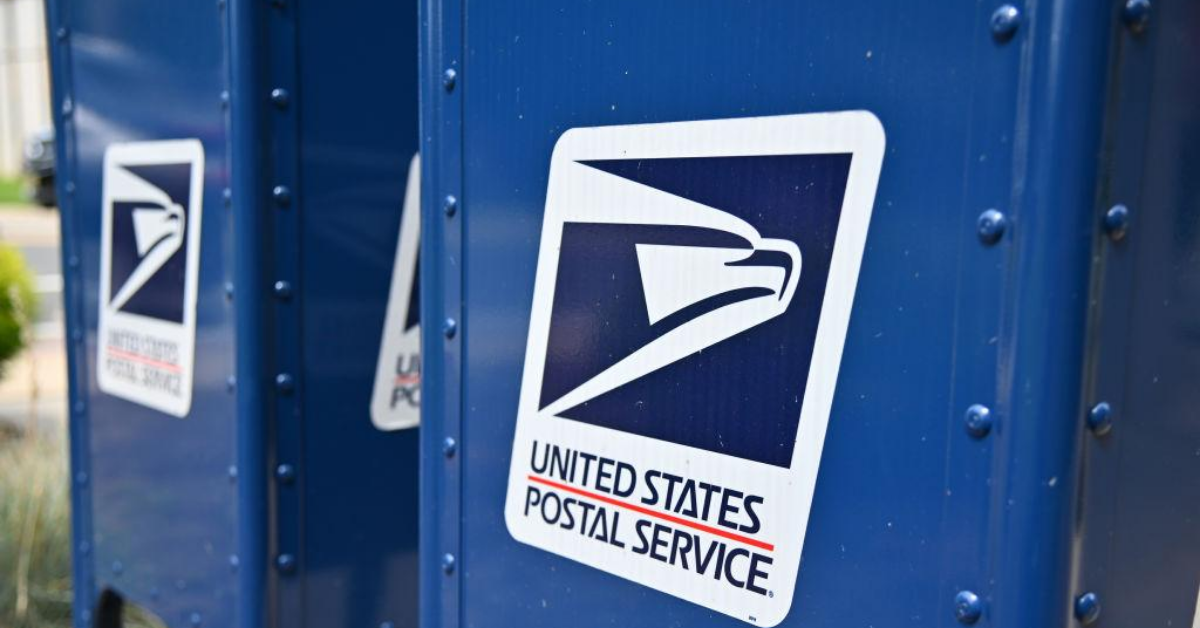The USPS Is in Debt $143 Million and Counting — Here’s Why
Updated Aug. 24 2020, 11:42 a.m. ET

From its financial instability to its future, the United States Postal Service continues to make front-page news. If these issues weren’t enough to put the postal service in the spotlight, it’s a politically and emotionally charged election year, which ups the ante tenfold. Mail-in ballots and concerns around delays in service add to the list of mounting questions and concerns regarding the quasi-government agency.
The fact remains that the USPS is in serious financial trouble.
Here’s why the USPS is losing money.
There are several key reasons that the USPS is hemorrhaging money. The first one that comes to mind is — you guessed it — the coronavirus pandemic. COVID-19 has hit businesses and institutions across the country and around the world. Naturally, the post office is not exempt from that impact, and it didn’t take long to feel its effects.
Single-piece, first-class mail volume reportedly dropped 15 to 20 percent in April and May, as COVID-19 began to take hold. And less mail means less revenue.

With mail volume down, overtime became all but non-existent in many branches, and postal delays became inevitable. Beyond that, an estimated 12,000 postal workers contracted the virus — a number which doesn’t factor in thousands more who were exposed and subject to quarantine. As of May 2020, 5,000 USPS employees were reportedly subject to quarantine, and 60 had passed because of COVID-19.
But the USPS has been financially crippled for years.
COVID-19 certainly hasn’t helped the postal service’s situation, but it didn’t cause the financial distress the agency is experiencing.
Mail volume is down and there’s more competition than ever before between Amazon Prime, UPS, FedEx, and more — but the USPS was in dire straits before any of this. In fact, it’s been years in the making, but is more publicized in current times because of COVID-19 and the upcoming election.

In addition to unfavorable trends, the U.S. Government Accountability Office (GAO) points to a deteriorating financial situation and insufficient cost savings as its downfall. GAO calls the USPS’ financial viability a high-risk issue, saying its “overall financial condition is deteriorating and unsustainable.”
It also says overall expenses are growing faster than revenue, “partly due to rising compensation and benefits costs and continuing declines in the volume of First-Class Mail.”
Its benefit costs are largely to blame.
For years, the USPS was the only federal agency required to pre-fund future retiree health benefits. And with this pre-funded healthcare policy, the USPS paid between $5.5 and $5.8 billion a year to cover it. It accrued $120 billion in pension and other post-employment unfunded liabilities as a result.
The Fairness Act aims to eliminate the pre-funded health benefits obligation. It passed in the House of Representatives in February of 2020, with a Senate vote pending.

Here’s how much the USPS is in debt.
“USPS has lost $69 billion over the past 11 fiscal years — including $3.9 billion in fiscal year 2018,” GAO says.
“USPS’s total unfunded liabilities and debt ($143 billion at the end of fiscal year 2018) have grown to double its annual revenue.”
The USPS told Congress in April that it would run out of money by September of 2020, as Business Insider reports.
We’ll keep you posted as developments unfold regarding the postal service’s financial status and future.